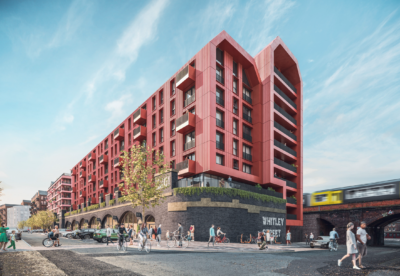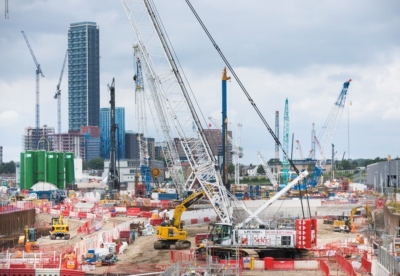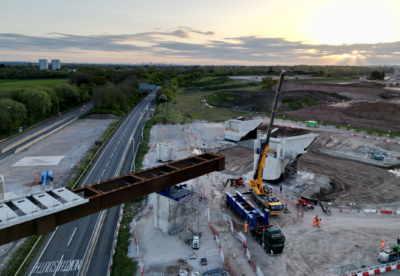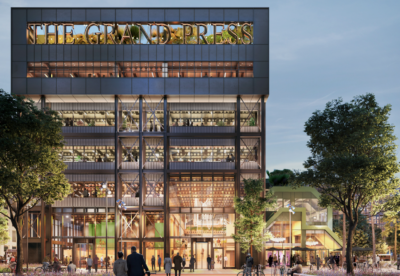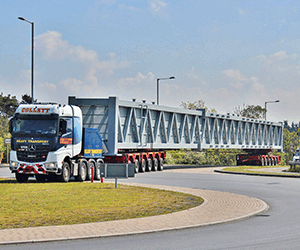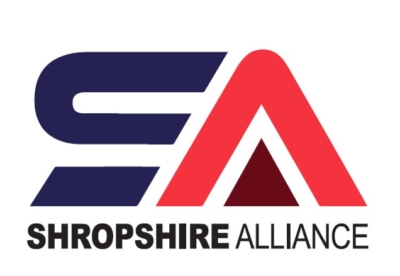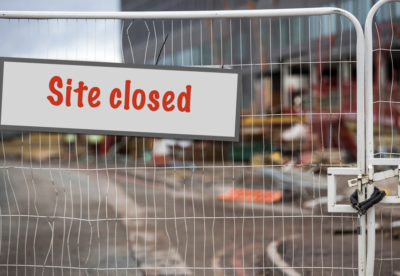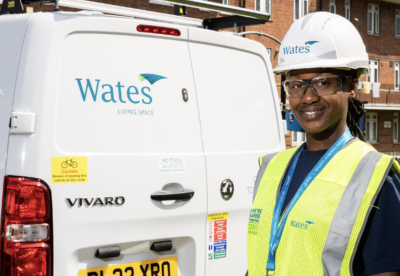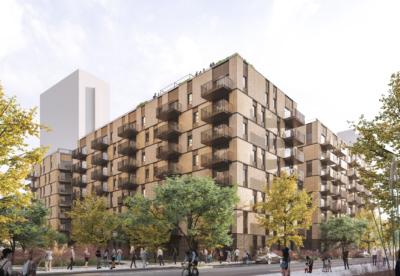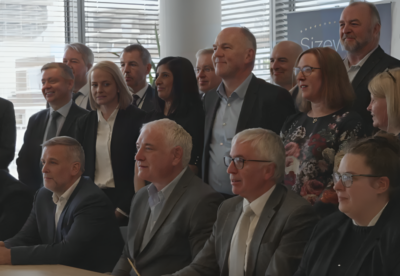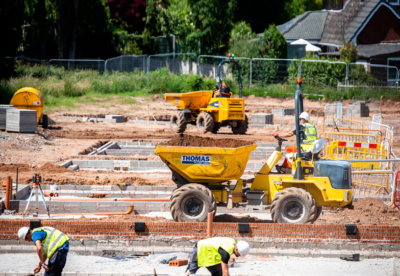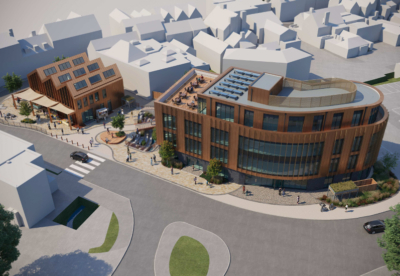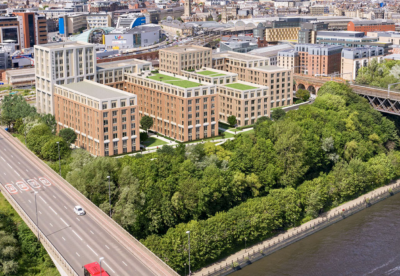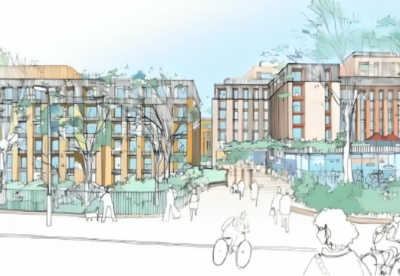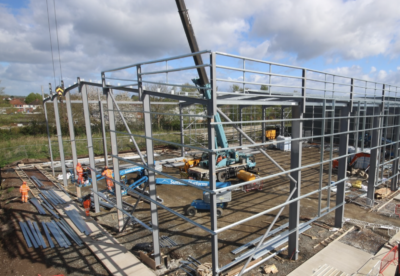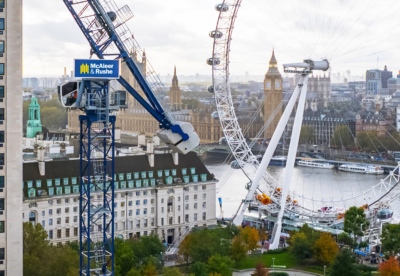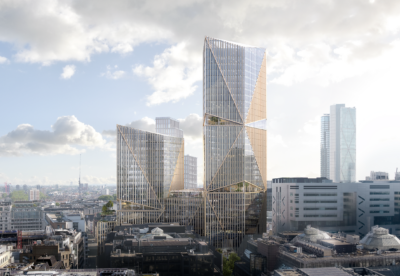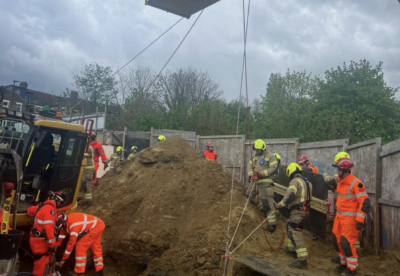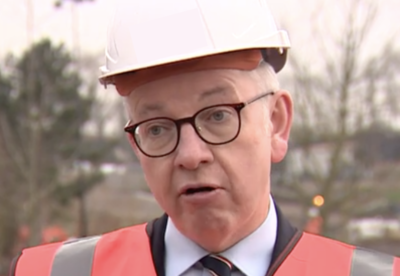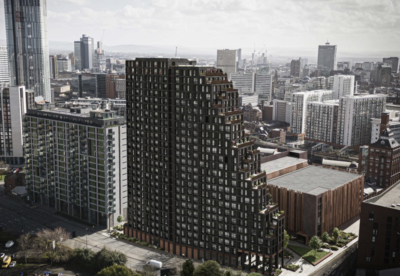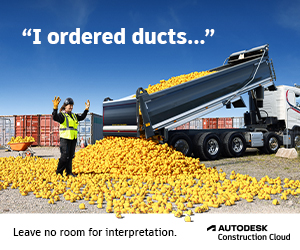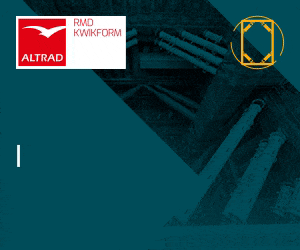Up to £60m is being invested through the Technology Strategy Board to support innovation in low-carbon building projects.
This is expected to leverage in an extra £60m of industry investment and £30m more funding from across government and other agencies.
Over the last five years £83m has already invested through the Low Impact Buildings Innovation Platform.
Projects have ranged from small businesses like The Facility, developing new energy efficient designs and systems to refit Victorian homes, to Skanska developing “flying factories” to cut the cost of delivering zero and low-carbon buildings.
Director of innovation programmes at the Technology Strategy Board David Bott said: “The government’s challenging target of an 80% reduction in greenhouse gas emissions by 2050 called for innovation on a grand scale.
“We’ve been astounded by the enthusiasm with which the projects we’ve funded, through our low impact buildings innovation platform, have grasped that challenge.
“The resulting new, innovative techniques for both building new, energy efficient homes and for refurbishing existing homes to similar standards have achieved often startling carbon footprint reductions and have the potential to help drive economic growth in this sector.
“We’re already identifying the most commercially viable solutions from this programme for further trails at scale, through our ‘Scaling Up Retrofit of the Nations Homes’ initiative and groundbreaking collaborations such as the AIMC4 project.”
On Wednesday 11 September government and the CBI will host an Industrial Strategy Conference at Warwick Business School. The conference will consider what government and industry have achieved working together over the past year and where more will follow.
Flying factories
Skanska secured a government grant from the Technology Strategy Board to trial offsite construction methods in mobile workshops which can be moved from site to site.
The “flying factories” will be used to cut the cost of delivering zero and low-carbon buildings.
Skanska believes the factories can deliver the benefits of off-site factory assembly while overcoming the traditional barriers of capital investment and high transport costs
The technique will see clients benefit from a 28% reduction in cost per square metre and 30% shorter programmes.
The £750,000 grant helped fund the research and development team which is led by Skanska and comprises:
- ModCell – off-site fabrication of buildings using laminated timber and straw bales
- University of Reading – application of virtual-reality technology to construction
- South West Manufacturing Advisory Service (SWMAS) – lean manufacturing
- BRE – built environment
Flying factories were trialled on a school building in Bristol, using straw and timber construction, and will be applied to a wide range of building types and materials.











